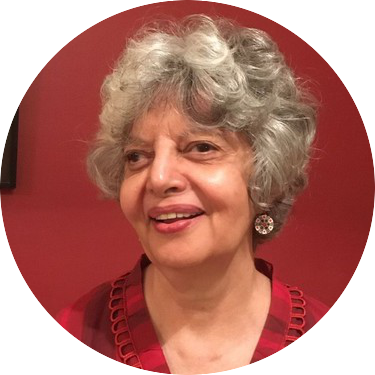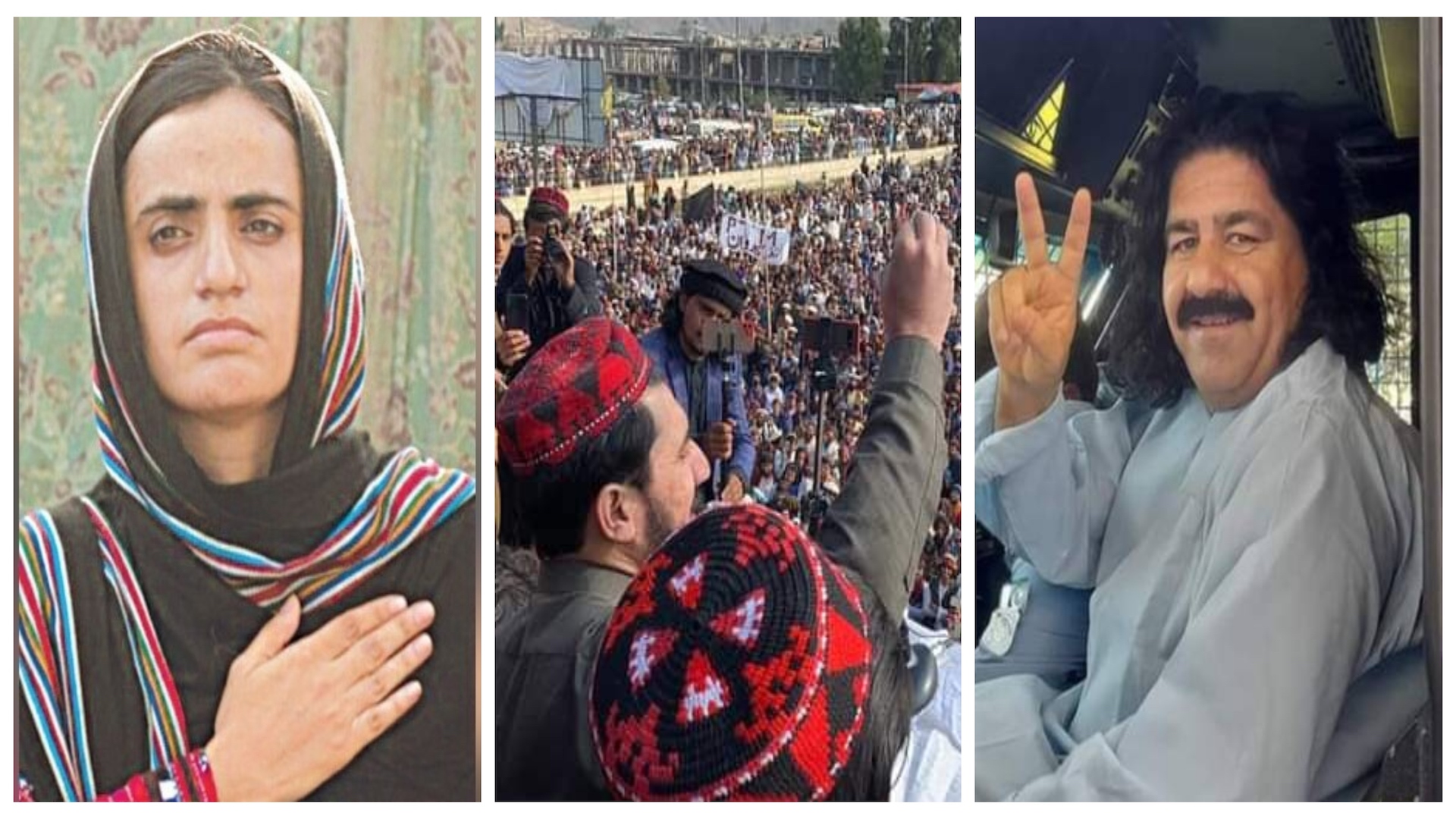Social media platforms, X in particular, are often demonized for spreading “fake news,” but what the harsh criticism of social media and the demands for curbs overlook is the reality that in Pakistan, they are often the only platform that give a voice to many ignored by the mainstream media. The Baloch Yakjehti Committee (BYC), headed by activist Dr. Mahrang Baloch, for example, has been able to organize and garner support for its movement against enforced disappearances through the use of social media. This significant rights movement barely gets a mention on television channels and scant coverage in the print media. The harsh treatment the marchers from Quetta faced in their country’s capital, Islamabad, in the biting winter cold earlier this year, only came to our attention through videos shared on social media.
I recall the rapid rise of the civil rights group, Pashtun Tahaffuz Movement (PTM), following the extra-judicial killing of Naqeebullah Mehsud by the Karachi police in January 2018. Again, it was the social media that covered the PTM’s public meetings in an increasingly hostile environment. When PTM marchers entered Sindh to hold a meeting, the provincial government put up hindrances at every step, setting up blockades and disconnecting power. It was only through videos shared on social media that we got a sense of the support that the movement’s young founder, Manzoor Pashteen, and the PTM had managed to earn in a short while. Thousands of cell phones lit up the public meeting which turned out to be truly inspirational as far as political movements go.
The PTM, much like the BYC, has been sustained by social media through videos created by supporters and widely shared. Much of what is going on in various parts of our country, particularly the widespread violation of rights, would not have come to our attention if not covered and shared by affected communities on social media. So how far out of touch is the traditional media with people’s movements? The short-lived ban on the PTM made headline news but there was no in-depth coverage of the historic Grand National Jirga (dialogue) held around the same time. And then there’s the case of former Parliamentarian Ali Wazir, a political prisoner by any definition, who is imprisoned on trumped-up charges under every government. The saga of his detention should have made it to the mainstream media. Wazir has set a record of being imprisoned by all recent governments: the Pakistan Tehreek-e-Insaf (PTI), the Pakistan People’s Party (PPP)-Pakistan Muslim League – N (PML-N) coalition, the caretaker government, and now under the PML-N again. The leading political parties and the provincial governments of Punjab and Sindh all appear to be on the “same page” when it comes to denying him freedom. He has also done a tour of jails; recently arrested in Islamabad, he was taken to jails in Jhelum, Gujrat, Bhakkar and abducted as soon as he was released from Bhakkar jail.
In cases such as these and many other rights’ issues, social media has taken on the role of the mainstream media, i.e. keeping people informed. The subtle and not so subtle pressures on the mainstream media prevent it from reporting truthfully on issues considered sensitive by the “establishment.” My fear is that a whole generation of journalists, affiliated with television channels, is being nurtured to have blinkers on when it comes to issues of human rights, particularly of marginalized communities. They are in danger of looking at nationalist movements through the tunnel vision popularized by the military, i.e. any movement for self-determination on the basis of identity is against the country and its ideology.
Much of the persecution Baloch and Pashtun civil rights movements are facing would not have come to our attention if it had not been shared on social media. This is why Pakistan’s establishment wants to restrict online space.
The mainstream media was, I believe, emasculated at the time when Lt. General Faiz Hameed headed the Inter-Services Intelligence (ISI) and Major-General Ghafoor managed the Inter Services Public Relations (ISPR). The pressure tactics adopted to cow down the media was part of the larger scheme of easing the situation for the newly elected—and experimental—PTI government. All criticism of PTI and its chief, Prime Minister Imran Khan, were killed by those “on the same page” at the time. There was no tolerance for dissenting views. I recall a particularly vindictive campaign against Dawn and its editor and publisher. During this period, copies of Dawn could not be distributed in Cantonment areas. Television channels were closely monitored and instructed to remove content even during transmission as was in the case of an interview of former president Asif Ali Zardari by prominent anchor Hamid Mir on Geo News. It was pulled off mid-sentence.
The PML-N government in power, prior to the 2018 elections, may not have been an epitome of democracy, but was fairly tolerant of coverage of the opposition parties (PTI and PPP, primarily at the time). The non-stop coverage given to the long drawn out PTI’s dharna in 2014 was unprecedented even as PTI activists attacked and intimidated journalists they considered unfriendly. The PTI government, believed to be brought to power by the Faiz Hameed and Qamar Bajwa duo, initiated what they considered a clever manipulation of the media. No direct censorship but a more insidious form of control.
Today, it is their legacy that rules the mainstream and, partly, social media. It is ironic (and silly) that incarcerated former prime minister Imran Khan’s name cannot be mentioned in the electronic media. He is referred to as founder, PTI—or more often as “baani” (founder) as if he had undergone a name change while in prison. It is reminiscent of the dictator Zia ul Haq’s directives to add “so-called” before the Movement for Restoration for Democracy (MRD). Faux democracies or real dictatorships, our rulers don’t believe in letting the media breathe free.
Even as I write this, two headlines on the front page of Dawn (16 November) ring alarm bells: the Council of Islamic Ideology has declared the use of VPNs to be “un-Islamic” while the Army Chief has called for “stricter rules for social media”.

The writer is a Pakistani journalist and human rights defender. She is the former Chairperson of the Human Rights Commission of Pakistan (HRCP), and is currently its council member.

